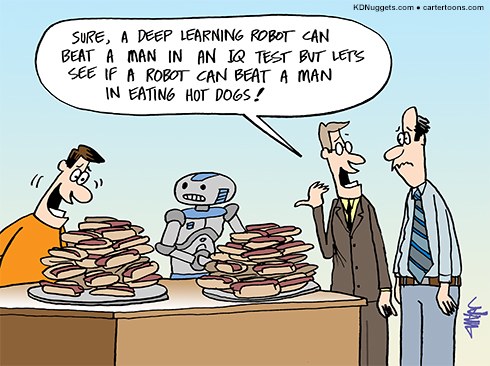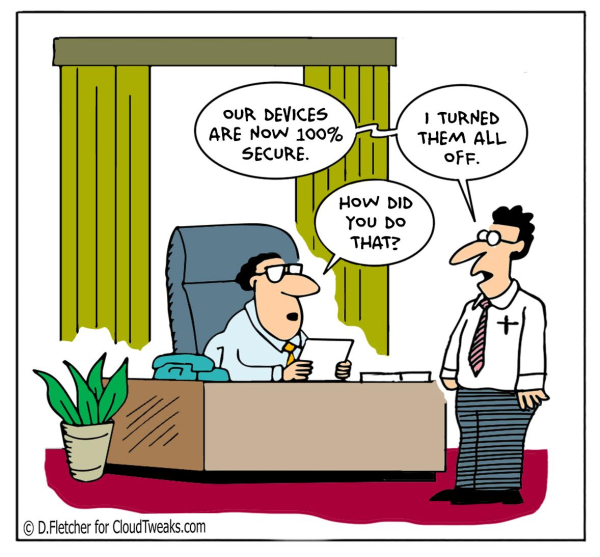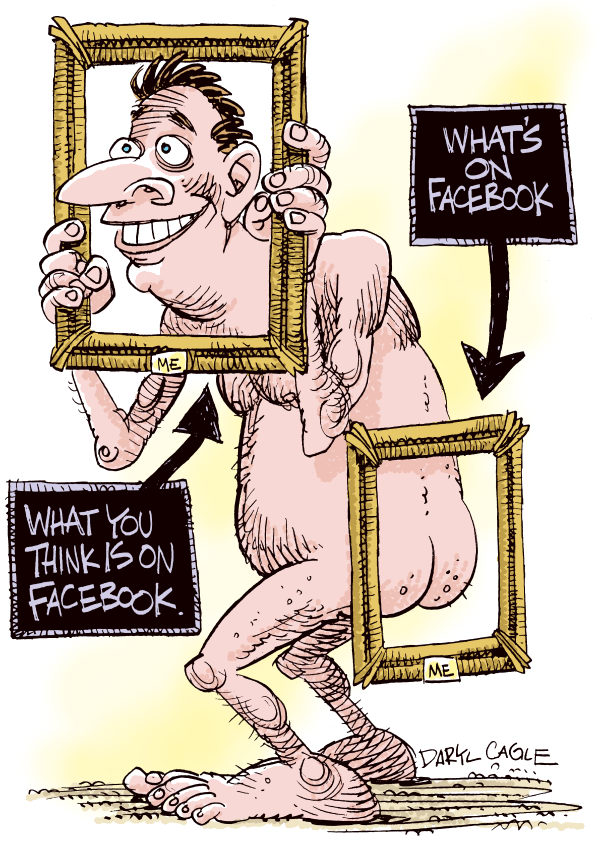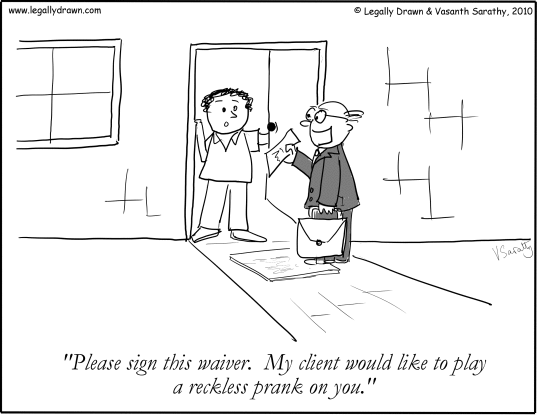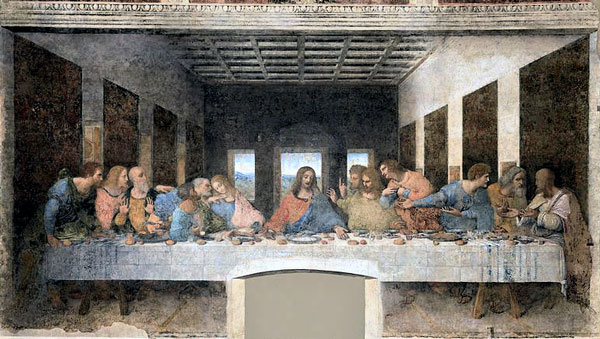The Internet of Things (IoT) is literally just a connected network of digital "things" that can interact with each other through the internet (or intranets).
Yet, the IoT also represents a paradigm shift (and the next big upgrade to the web). By 2020, over 26 billion (with a b) things will be connected to the internet.
But how does it work, and why do you care?
Information Is Beautiful created a helpful interactive primer on the IoT that's worth a look.
Click here to see it. It answers questions like "What kind of things? and "how will the things be used?" but also gives you a chance to look at the innovations, the innovators, and the challenges involved.
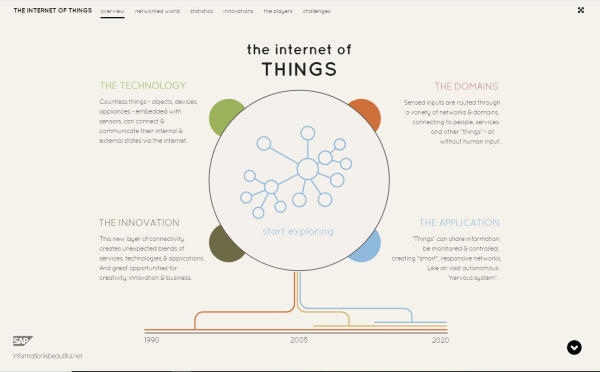
via Information Is Beautiful
Ultimately, things like cars, buildings, home appliances and wearables will communicate and interact to create a connected world.
People's homes are already becoming more connected. With smart hubs you can control your alarms, your lights and HVAC, all the way down to starting your coffee machine.
Now imagine that connectivity in a hospital or a supply chain. It's going to be a huge breakthrough.
But what about challenges?
As we get more technologically advanced and interconnected, there are inherent issues and weaknesses.
For example, as more devices access the internet you have more chances for attacks by hackers.
Computers, smartphones and other devices often come with virus protection, security measures and more. The same isn't true of your fridge or your coffee machine…
If there's one vulnerability in your network, that can easily affect all other devices on your network.
In fact, hacker's just stole a Casino's high roller database through a "smart" thermometer in their lobby aquarium.
As well, there are privacy issues, bandwidth issues and the unfortunate reality for many companies which is … you may not be nimble enough to keep up with this innovation landscape.
What do you think about IoT? Do you have a connected home already? Can you start your car with your phone? Does your hedge fund use technology like this to let trading systems communicate, coordinate, and collaborate? Can you imagine what that would be like?
I can!
